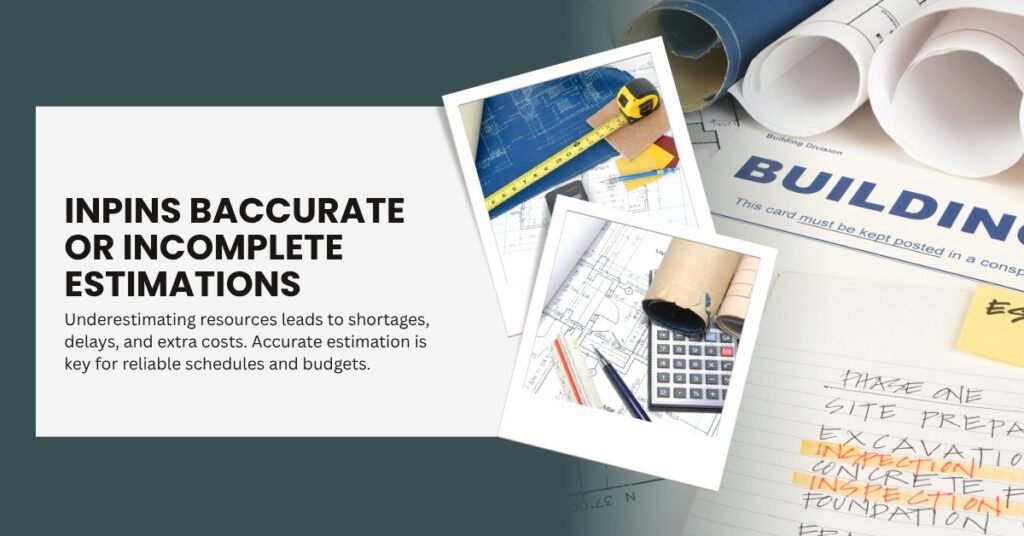Float or slack is one of the most misunderstood concepts in scheduling yet arguably one of the most powerful tools for managing time risk in projects. Float is the amount of time an activity can be delayed without affecting the overall project completion date or subsequent activities. Understanding and managing float allows project managers to identify flexibility, prioritize resources, and negotiate deadlines intelligently.

Types of Float:
- Total Float: The maximum time an activity can slip without delaying the project finish date. If total float is zero, the activity is critical.
- Free Float: The time an activity can be delayed without impacting the start of its immediate successors. Free float is often less than or equal to total float.
Why Float Matters:
- Risk Buffer: Float provides a built-in buffer to absorb minor delays or issues without affecting the final deadline.
- Resource Optimization: Activities with high float can be rescheduled or delayed to free resources for critical tasks.
- Negotiation Leverage: Float usage analysis can support or refute claims for extensions or penalties. If float remains unused, contractors may not be entitled to extensions.
- Schedule Health Indicator: Tracking float consumption over time shows if the project is becoming more or less vulnerable to delay.
Practical Example:
An electrical wiring activity has 10 days of total float. If the task is delayed by 5 days due to material shortage, the project completion is unaffected, as 5 days of float remain. However, if delays accumulate beyond 10 days, the critical path shifts, potentially delaying the entire project.
Tips:
- Monitor float regularly in your scheduling software to detect critical path changes.
- Use float analysis when assessing delay claims to understand impact on overall project timing.
- Educate your team on the importance of float so they do not treat non-critical activities as unimportant.
Summary: Float is your project’s built-in insurance policy against time risks. Managing and protecting float helps keep deadlines intact even in the face of uncertainty.
